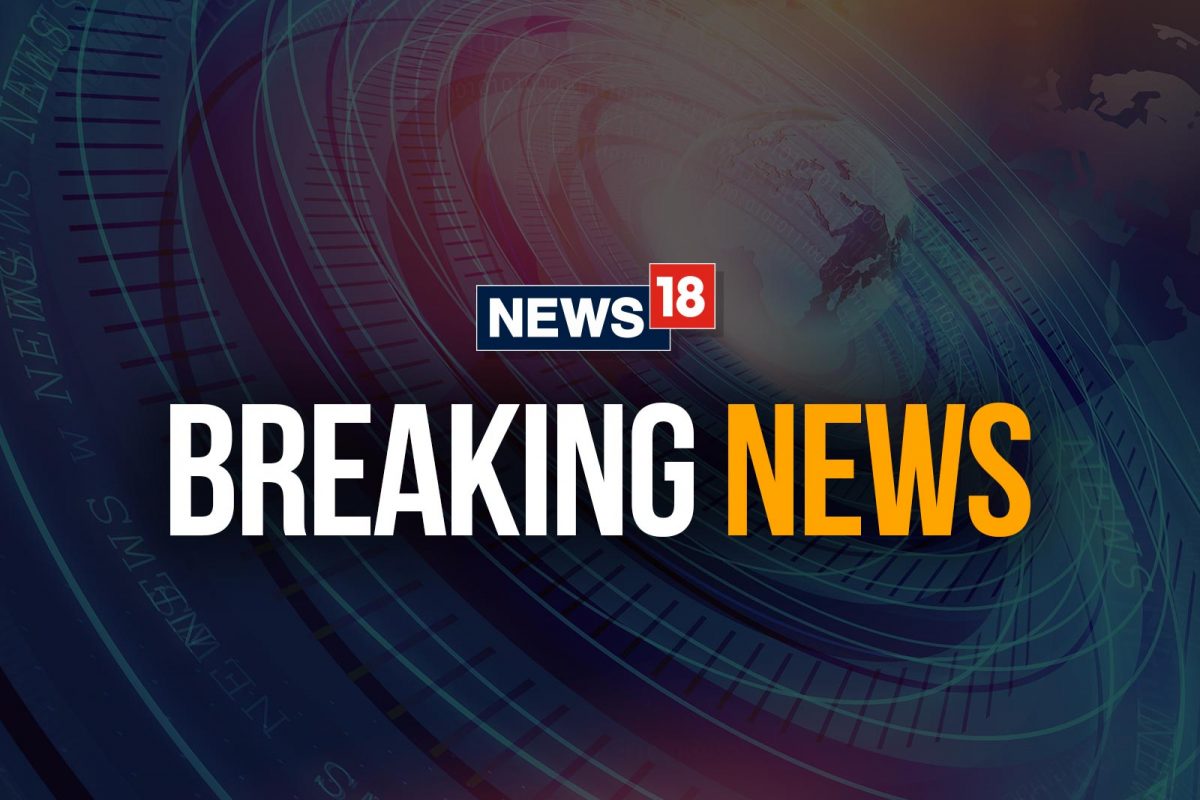

Amidst escalating tensions in the Middle East, Prime Minister Narendra Modi engaged in a crucial conversation with Iran's President Masoud Pezeshkian on Sunday, June 22, 2025, to address the rapidly deteriorating situation in the region. The call comes in the wake of heightened conflict between Iran and Israel, further complicated by recent strikes carried out by the United States on Iranian nuclear facilities.
During the discussion, PM Modi conveyed India's grave concern regarding the escalating tensions. He emphasized the urgent need for de-escalation and advocated for resolving the disputes through dialogue and diplomatic channels. Modi reiterated India's consistent stance on prioritizing diplomacy as the most viable path towards restoring regional peace, security, and stability.
The Prime Minister's call to President Pezeshkian reflects India's delicate position in the intricate geopolitical landscape of the Middle East. India maintains amicable relations with both Iran and Israel, a balancing act that has been carefully cultivated over decades. While India has strengthened its ties with Israel, particularly in defense and technology, it also values its historical and cultural connections with Iran.
The ongoing conflict presents significant challenges for India. As a major importer of Iranian crude oil, India's energy security is closely linked to the stability of the region. Moreover, India has invested substantially in Iran's Chabahar port, which serves as a crucial gateway for trade with Afghanistan and Central Asia, bypassing Pakistan. The port is a key component of India's connectivity plans and the International North-South Corridor. An escalation in the conflict could jeopardize these strategic investments and impede India's access to vital resources and markets.
Furthermore, a prolonged conflict could force India to take a clearer stance, potentially straining its relations with one of the partners. This balancing act is crucial as India seeks to maintain its influence in the region and protect its strategic interests.
The Indian government has already issued travel advisories and is closely monitoring the situation to ensure the safety of its citizens. India's Ministry of External Affairs has reiterated India's consistent call for dialogue, diplomacy, and peaceful resolution of conflicts in the region. This posture underscores India's effort to uphold neutrality while preserving its partnerships and regional influence.
In recent years, India and Iran have maintained robust bilateral relations, marked by high-level exchanges, commercial and connectivity cooperation, cultural and robust people-to-people ties. The two countries have in place several Bilateral Consultative Mechanisms at various levels including the Joint Committee Meeting (JCM), Foreign Office Consultations (FOC), Security Consultations at the level of National Security Advisers and Deputy National Security Advisers, and the Joint Consular Committee Meeting (JCCM). India and Iran also have Joint Working Groups to facilitate cooperation in various sectors of mutual interest. In May 2025, the 20th India-Iran Joint Commission Meeting was held in New Delhi, where both sides reviewed the entire spectrum of bilateral relations, including cooperation on trade and economic issues, agriculture, healthcare, cultural exchanges, connectivity and people-to-people ties.
As the situation unfolds, India remains committed to promoting de-escalation and peaceful resolution through diplomacy, leveraging its relationships with both Iran and other key stakeholders in the region. The Prime Minister's call to President Pezeshkian underscores India's proactive approach to addressing the crisis and its unwavering commitment to regional stability.